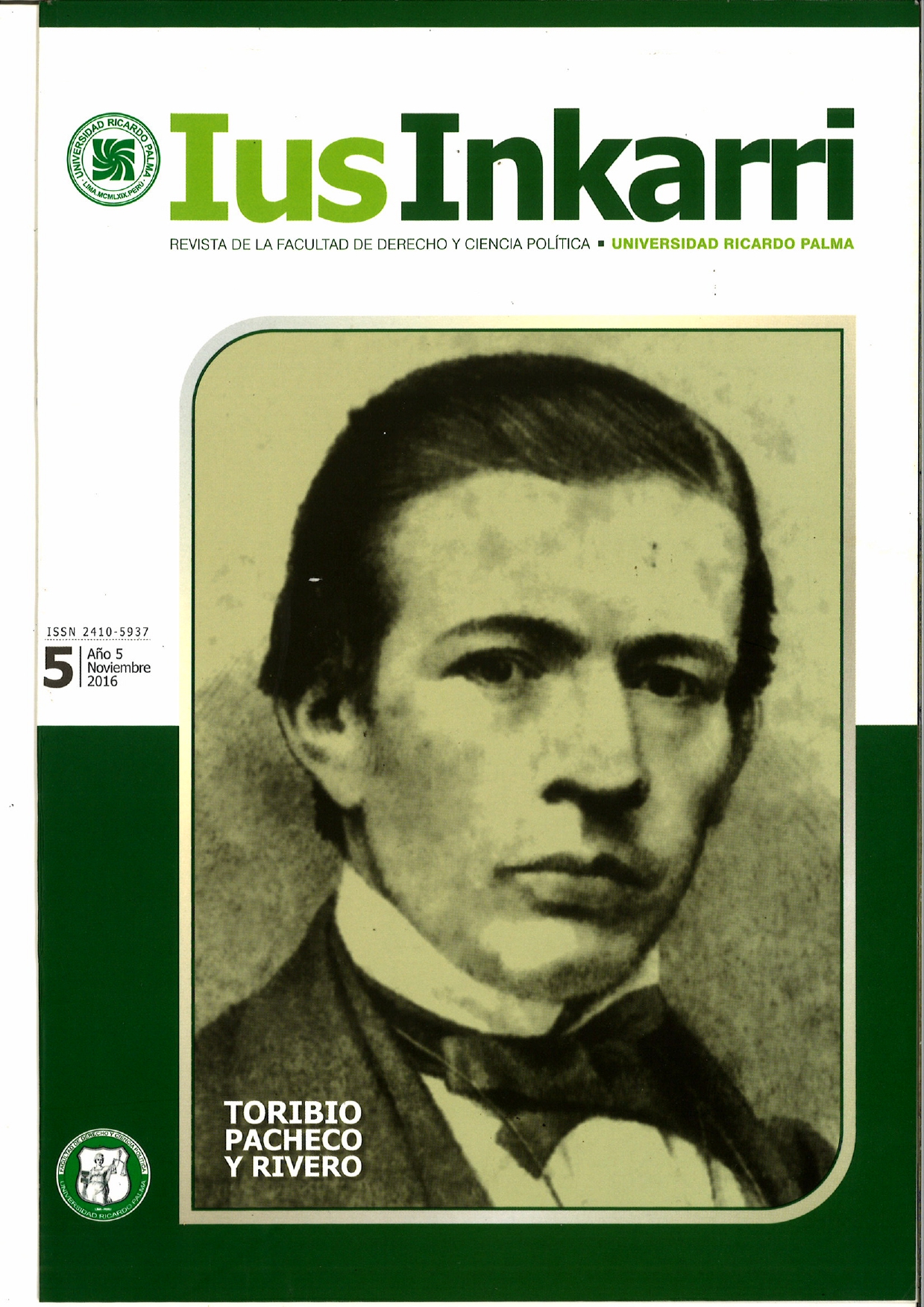University and climate change
DOI:
https://doi.org/10.31381/iusinkarri.vn5.4212Keywords:
Climate change, International treaties, Global warming, UN, Industrial activity, Deforestation, Desertification, Poverty, Inequality, Crisis, Planet, Survival, WelfareAbstract
Today they are fully confirmed scientifically that the effects of climate change on global warming is the result of industrial evolution of the man who for 200 years just looked at the figures of advance and progress, not realizing the negative impacts that were taking place in nature and his own life. This dramatic situation raises us that what is at serious risk the very survival of human beings on this planet, not the fate of the planet, it can continue to exist, but under conditions that make it very difficult life of men and women on Earth in thirty years from now.
Climate change is a serious threat to everyone, especially for the poorest countries. If it does not face this problem with decisive actions to mitigate and adapt over the next 30 years, our planet will be virtually unlivable area.
Peru is one of the regions most vulnerable to this crisis environmental, due to its geographical position and its high degree of dependence on ecosystems that suffers disproportionately when degrades the environment. More than 80% of the population in the region live in cities where air pollution and crowded transportation cause health damage and loss of productivity. Our forests are so valuable for both carbon sequestration as a means to ensure healthy lifestyles are being eroded by the expansion of agricultural, industrial and urban borders. In rural areas, two-thirds of farmers in our country are highly vulnerable to the impacts of climate change. Deforestation causes loss of forest cover equivalent to 70% of the surface of our Amazon every year.
"These are data that cause anxiety, aunándose the environmental impact is suffered by mining and oil concessions and large infrastructure projects in terms of the effects on natural resources, protected areas and, very important, the heritage of indigenous peoples which they are the subject of intense public debate which generally constitute a breeding ground for controversy, tension and conflict.
The future holds for us climate change is a challenge that starting with the Universities recognize that environmental problems are central to the economic and social welfare, and is key to achieving sustainable development and universally enjoyed. In that purpose we must go in search of a profound change in our lifestyles, our economies; traditional and inefficient growth patterns will have to be replaced by more sustainable and reliable alternatives. In the last international meeting on climate change held in our country there was talk of climate justice and that brings us to reflect on new conceptual axes in relation to this issue acucioso.
Downloads
References
IV Informe de Síntesis elaborado por el IPCC https://www.ipcc.ch/pdf/assessmentreport/ar4/syr/ar4_syr_sp.pdf
V Informe de Evaluación elaborado por el IPCC http://www.ipcc.ch/home_languages_main_spanish.shtml
Convención Marco de las Naciones Unidas sobre el Cambio Climatico y su Protocolo de Kioto https://unfccc.int/files/essential_background/background_publications_htmlpdf/application/pdf/convsp.pdf
Convención Marco de las Naciones Unidas sobre el Cambio Climático http://unfccc.int/resource/docs/convkp/convsp.pdf
Carta Encíclica LAUDATO SI del santo Padre Francisco sobre el cuidado de la casa común. http://w2.vatican.va/content/francesco/es/encyclicals/documents/papafrancesco_20150524_enciclica-laudato-si.html
Acuerdo de París. http://unfccc.int/resource/docs/2015/cop21/spa/109s.pdf
Downloads
Published
How to Cite
Issue
Section
License
Copyright (c) 2021 Millitza Franciskovic Ingunza, Jorge Luis Godenzi Alegre

This work is licensed under a Creative Commons Attribution 4.0 International License.













